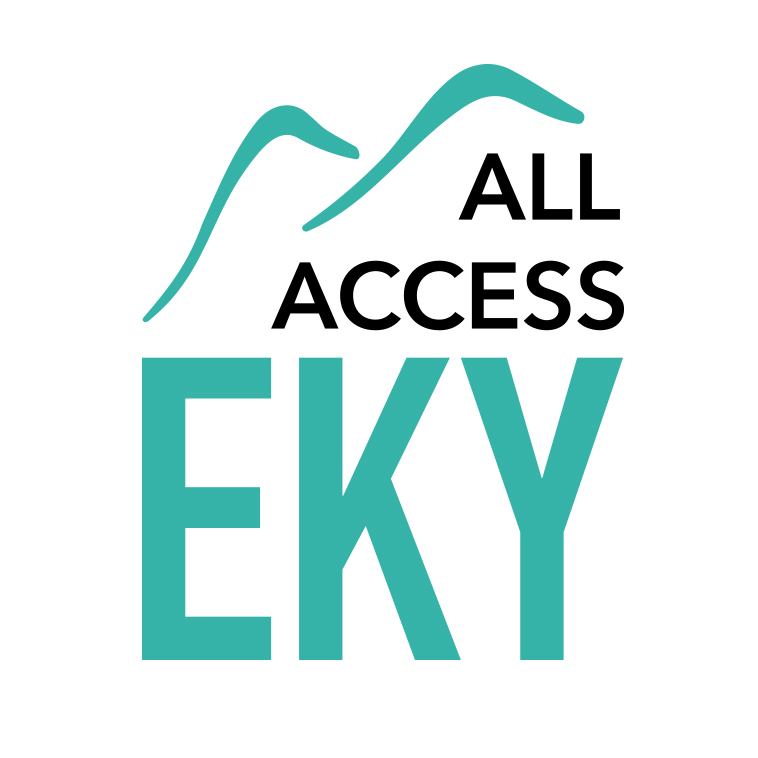by: Kyla Horn, AAEKY Program Manager
If you're a young person in America, you probably know the struggle of trying to access contraception and other reproductive healthcare at a pharmacy. For many people, birth control, Plan B (aka "the morning after pill"), and condoms are all hard to come by, especially if you live in a health care or pharmacy desert. And even if you have pharmacies or drug stores nearby, stores may impose additional barriers to access, like lock-up devices.
These devices or cabinets prevent customers from getting their hands on emergency contraceptives unless they ask for them specifically — which means that anyone who doesn't want it broadcasted that they are in need of these products will more than likely leave empty-handed. Pharmacies started using lock-up devices on emergency contraceptives back in 2006 as part of their corporate policies regarding moral objections; since then, this practice has spread across the country as more chains take steps toward restricting access to women's health products under the guise of religious objections (despite having nothing to do with actual religions) or anti-theft policies (despite there being no evidence that family planning products are frequently stolen).
You may have heard that lock-up devices are used on Plan B or other medications. These are devices that lock up the drugs, requiring you to ask someone at the pharmacy counter to unlock them for you. But did you know that they are also locking up condoms, pregnancy tests, lubricants, and more?
In these cases, customers have to go to the aisle, press a button, and wait for an attendant to come unlock the whole family planning aisle. After having to say out loud what you need, because you’re not allowed to even stick your hand in the display, you have two options for getting your supplies safely out of the store. First, you can choose to have the attendant escort you throughout the store to the register where they will hand your items to the cashier. However, if you still have shopping to be done, the attendant will give you the number of the register you must go to where your items are up on display in front of the whole store and let the cashier know that those are for you.
Not only is this humiliating, it adds on yet another barrier for people to overcome. It can already be hard enough for some people to build up the courage to go in and buy these items in the first place, especially young people and those who grew up in regions where most aspects related to sexual and reproductive health are stigmatized. When you add on the driving to and from the pharmacy, the financial burden, and the risk you take of running into someone you may know; people are exhausted by the time they even make it into the store. Walking through the aisle and seeing even more hurdles you have to jump through is enough to make some people give up altogether.
This practice is not just a threat to people’s ability to access contraceptives, but also to their overall sexual and reproductive health. If you or someone you know needs emergency contraception, you can call ahead of time and ask about the store's policy before going into the pharmacy. You can also order condoms and emergency contraception (like Plan B and other generics) through online retailers like Amazon.com and Nurx.com and skip the in-person hassle altogether.
If you are a resident of the state of Kentucky, you can also use All Access EKY’s sign-up sheet to have FREE Plan B mailed to your door.
